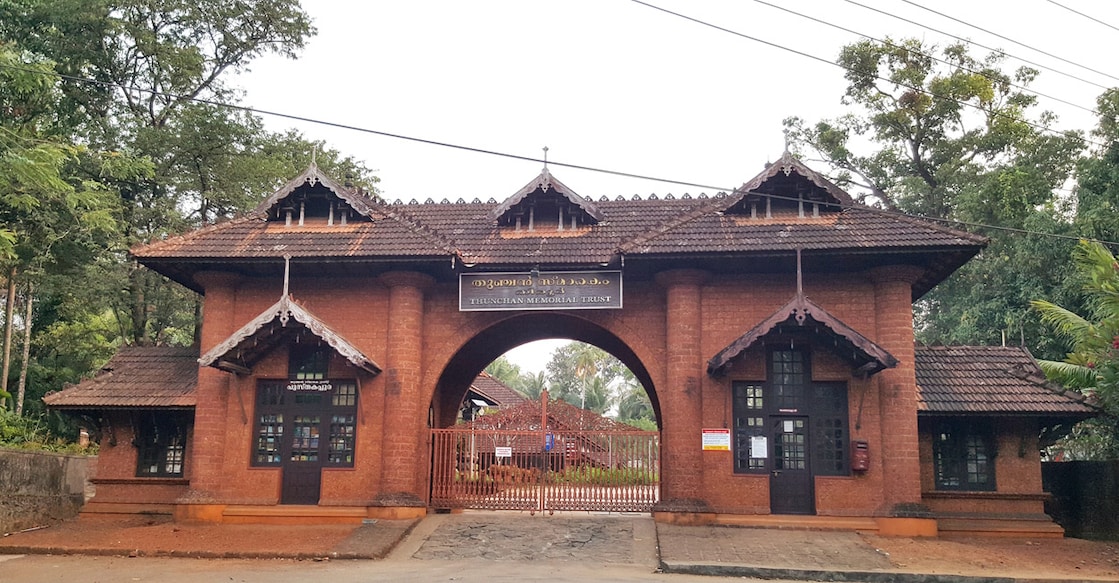Vidyarambham: Best Kerala spots for the ceremony

Mail This Article
Vidyarambham, a South Indian ceremony held on the Vijaya Dashami day of the Navratri season, celebrates the initiation of education. On this day, children are introduced to letters and learning by making them write the first letter of their language's alphabet on sand or rice. If you want to hold it for the children of your family or witness it first-hand to get a taste of the celebration, you can head to a couple of traditionally popular spots in Kerala.
Thunchan Parambu, Tirur:
It's the birthplace of the father of the Malayalam language, Thunchath Ezhuthachan. The spot is 32 km from Malappuram, and it still preserves the iron stylus he used to write. The region also preserves the kanjira tree, under which he taught his disciples, composed poems, and wrote various manuscripts. Thousands of children are initiated to learning here every year.
Panachikkadu Saraswathi Temple, Kottayam:
Known as the Dakshina Mookambika, this temple is 11 km from Kottayam and is situated in a beautiful village. During the annual Saraswati pooja, which is held in October or November, the ceremony of vidyarambham is also held.
Attukal Bhagavathy Temple, Thiruvananthapuram:
The temple, dedicated to goddess Kannaki, is best known for its Pongal festival—the festival that witnesses the largest congregation of women in any single place. Vidyarambham is also held here during the Navratri season, and people visit the temple from far and wide for the ceremony.
Chottanikkara Devi Temple, Ernakulam:
The Saraswati Temple is known for the 'Makam Thozhal' festival held around February, but it is also a popular spot for pooja and vidyarambham ceremonies.
Dakshina Mookambika Temple, North Paravur:
The temple is famous for its Navratri festival and vidyarambham ceremonies around October. Interestingly, it is the only temple under the Travancore Devaswom Board in which the vidyarambham ceremony is held daily and not restricted to the Navratri season or Vijayadasami day.

